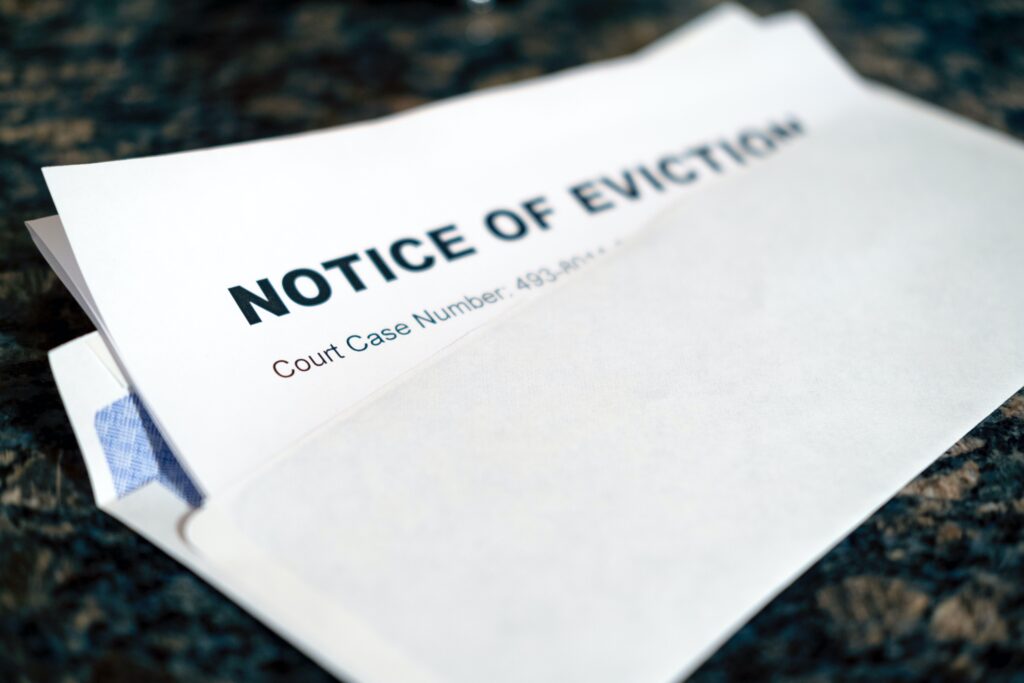An Energy Performance Certificate (EPC) shows how energy efficient a property is, what it costs to heat and power, and what improvements could save money on bills. Before you buy, sell or rent a property in England and Wales, you’ll need a valid EPC, which lasts 10 years. Here, we have everything you need to know about checking an EPC rating and certificate of any property.
What is an EPC rating?
An EPC rates properties from A (most efficient) to G (least efficient). Most homes in the UK fall between bands D and E. The certificate provides information about a property’s energy use, typical energy costs and potential savings through improvements. Each certificate includes a current and potential energy efficiency score from 1 to 100, along with carbon dioxide emissions data.
Why is an EPC rating important?
Good EPC ratings mean lower energy bills, something increasingly important with rising energy costs. If you’re selling, a better rating can boost your property’s value as buyers become more conscious of running costs.
As of now, landlords in England and Wales are legally required to have an Energy Performance Certificate (EPC) rating of at least E in their properties. However, there are plans in place that require landlords to meet a minimum of C by 2030.
How to check an EPC rating online
Finding a property’s EPC is straightforward through the government’s official register at Epcregister.
Simply enter the property’s postcode and select the correct address from the list to view or download the certificate. The register maintains records of current and previous certificates, giving you insight into how the property’s energy efficiency has changed over time.
What if you can’t find an EPC rating online or if it’s expired?
If you can’t find a property on the register, it might not have had an EPC assessment in the last 10 years. This is common for homes that haven’t been sold or rented during this period.
Missing or expired EPCs Properties need valid EPCs before being marketed for sale or rent. Estate agents can’t legally list a property without one, and landlords face fines up to £5,000 for non-compliance. For property sales, missing EPCs can cause delays and might even affect mortgage applications, as some lenders require this information before offering funds.
How to obtain an EPC certificate
Getting an EPC involves booking an accredited assessor through the official register. Costs typically range from £60 to £120, depending on your location and property size. The assessor will visit your property to examine various elements affecting energy efficiency, including heating systems, insulation, windows and lighting. After the assessment, your certificate should appear on the register within five working days.
To get started, just do a Google search for ‘EPC certificate’. You should see a number of websites selling certificates, where you can place and online order and then an assessor will go out to your property. Our recommendation for first-hand experience is to use nationwidesurveyors.org.
How is an EPC rating calculated?
The assessment process looks at multiple aspects of your property. Assessors examine wall, roof and floor insulation, check the type and age of windows, assess heating systems and their controls, and note any renewable energy features. They’ll also consider the property’s age and construction method.
Assessors input all this data into approved software which generates the final rating. The assessment is standardised, meaning personal energy usage doesn’t affect the score. It’s based purely on the property’s physical features and systems.
What’s the minimum EPC rating?
Band A properties (scoring 92 to 100) represent the highest efficiency and lowest bills. These are typically new builds with excellent insulation and renewable energy systems. Band B homes (81 to 91) are very efficient, usually featuring good insulation and modern heating systems, sometimes with solar panels.
Properties in Band C (69 to 80) perform above average, with most new builds achieving at least this standard. Band D (55 to 68) represents the average rating for UK homes, suggesting room for improvement but reasonable efficiency.
Band E properties (39 to 54) sit below average for efficiency and represent the current minimum legal standard for rental properties. Bands F (21 to 38) and G (1 to 20) indicate poor efficiency and the highest bills. It’s now illegal to rent properties with these ratings unless they qualify for specific exemptions.
In England and Wales, rental properties must achieve at least an E rating unless exempt. Valid exemptions include:
- Listed buildings where required improvements would unacceptably alter their character
- Properties where all recommended improvements would cost over £3,500
- Situations where tenants or planning authorities refuse permission for improvement work
Scotland maintains stricter standards, requiring a D rating for private rentals. Northern Ireland currently has no minimum EPC requirement, though this may change in future. Again, landlords in England and Wales will be required to have a minimum rating of C by 2030.
How to improve your EPC rating
Making improvements to your EPC rating helps the environment, and it can significantly reduce energy bills. Common improvements include:
- Installing loft insulation, costing around £300
- Adding cavity wall insulation for approximately £500
- Upgrading to double glazing at £400 to £600 per window
- Installing a modern condensing boiler for about £2,500
- Switching to LED lighting
- Adding smart heating controls
Your EPC will show which improvements would have the biggest impact on your rating and provide rough cost estimates. Government grants often help with improvement costs through schemes like ECO4 or the Boiler Upgrade Scheme, making upgrades more affordable.
As energy efficiency becomes increasingly important in fighting climate change and managing living costs, EPCs continue to grow in significance. The government regularly reviews and updates requirements, with standards generally becoming stricter over time.
EPCs help understand a property’s energy performance and costs. Whether you’re buying, selling or renting, checking the EPC should be an early step in your property journey. With energy prices rising and environmental concerns mounting, these certificates provide crucial information for making informed property decisions.
EPC ratings and certificates
Remember that while EPCs give a good indication of energy efficiency, they’re just one factor to consider when choosing a property. However, their importance in property transactions and their role in reducing energy costs and environmental impact make them increasingly valuable for property owners and tenants alike.
Free EPC certificate when selling
If you are selling a property and require an EPC certificate, you won’t need to pay for it if you sell your property directly to Property Rescue. Other great benefits of selling to us are that we also pay all the solicitor’s fees and there are no estate agent fees either. If that sounds interesting to you, get in touch.








